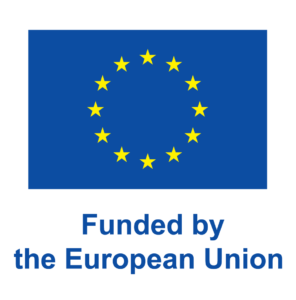
A groundbreaking EU-funded project, AI-POD, has been launched by a consortium of 11 partners from eight countries, with the ambitious goal of reducing cardiovascular disease (CVD) risks in the obese population through innovative AI-based predictive tools.
Over the course of four years, experts from various fields, including radiology, computational imaging research and industry, will collaborate to develop a state-of-the-art imaging-based AI risk score, a clinical decision support system (CDSS), and a mobile app for personalized risk assessment and prediction of obesity-related CVDs and their associated complications.
Obesity is a pressing concern in Europe, affecting more than 436 million people and leading to a 50% higher risk of CVD mortality. This epidemic results in an economic burden exceeding 210 billion euros per year. Current risk assessment methods are inadequate in terms of accuracy and practical application. AI-POD aims to tackle these challenges by integrating clinical, laboratory, and imaging data to translate disease risk into actionable health information that can guide diagnostic steps and treatment recommendations.
Professor Ulrike Attenberger, Director of Department of Diagnostic and Interventional Radiology at the University Hospital Bonn (UKB) is the coordinator of the AI-POD project, and expressed her enthusiasm: “With AI-POD, we are pushing the boundaries of clinical insight in cardiovascular disease management for obese individuals. Our goal is to develop trustworthy AI tools that will not only support clinical decision-making, but also empower patients and persons at risk to better monitor and manage their own health. By doing so, we aim to significantly reduce morbidity and mortality among obese individuals while also making a positive impact on public health budgets.”
The AI-POD project will be validated in six clinical sites and aims to establish a long-lasting interdisciplinary platform for distributed learning in other vascular areas. This innovative project will also create an ethical framework to address potential concerns regarding the new technologies, and evaluate their acceptability, social desirability, and user satisfaction.
The AI-POD project is poised to revolutionize the way obesity-related CVDs are predicted and managed, ultimately improving health outcomes for millions of Europeans.
More information on AI-POD: www.ai-pod.eu
This project has received funding from the European Union’s Horizon Europe research and innovation programme under grant agreement No 101080302.
Views and opinions expressed are however those of the author(s) only and do not necessarily reflect those of the European Union or the European Health and Digital Executive Agency (HADEA). Neither the European Union nor the granting authority can be held responsible for them.

